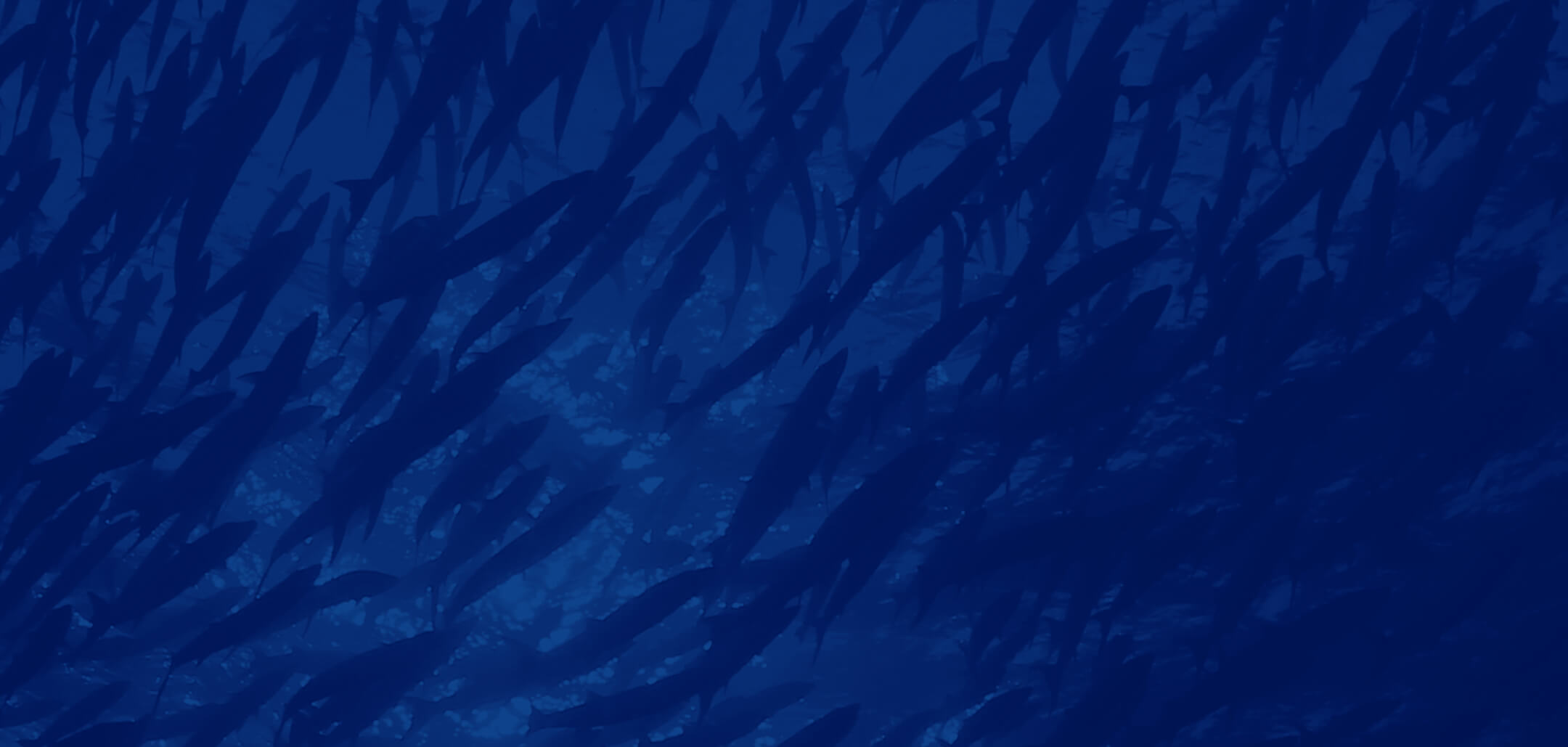OCEARCH EXPEDITION WITH FLORIDA SCIENTIFIC LEADER AIMS TO BUILD UPON SERIES OF SHARK-TAGGING SUCCESSES
Today OCEARCH and its collaborating scientists launched a three-week expedition to tag mature great white sharks off Nantucket, Massachusetts. They aim to build upon results from now-famous sharks like Lydia, Mary Lee, Betsy, Katharine and Genie, whose tracked migrations have fascinated scientists and helped educate people of all ages.
The expedition will run from Sept. 20-Oct. 10 in federal waters 3 miles or farther offshore. The scientific team will be led by Dr. Robert Hueter, Director of the Center for Shark Research at Mote Marine Laboratory in Sarasota, Florida, with participating scientists from Mote, the University of North Florida, Adventure Aquarium, Woods Hole Oceanographic Institution, Florida International University, Wildlife Conservation Society’s New York Aquarium, and other organizations.
The scientists will take measurements and conduct health assessments of the great white sharks briefly raised out of the water on the special hydraulic lift of the M/V OCEARCH. They will collect blood, muscle and mucus samples, parasites, and fin clips for genetics, and conduct ultrasound exams of mature females. All white sharks will be outfitted with satellite-linked electronic tags and internal acoustic tags, returned to sea and then tracked by scientists to better understand their movements.
“12 procedures in 15 minutes and then off they go, that’s our goal,” Hueter said. “It’s such an incredibly rare opportunity to learn everything we can about these magnificent predators so that we can understand and protect them.”
- 11 a.m. Oct. 4: Hear expedition updates and learn about sharks from Mote scientists aboard the M/V OCEARCH during a free Google Hangout taking place during the expedition. Details: www.seatrek.tv/live
Data from this expedition will build upon research findings from great white sharks that were sampled, tagged and tracked in past North Atlantic expeditions: Mary Lee, Lydia, Katharine, Betsy and Genie. For instance, Lydia was tagged in 2013 off Jacksonville, Florida, and then she traveled more than 35,000 miles and became the first documented white shark to cross the Mid-Atlantic Ridge. Betsy, tagged in 2013 off Cape Cod, was tracked in 2014 in the Gulf of Mexico. Together these five sharks have shown dramatic movements both in the open sea and close to shore along the U.S. east coast.
Tagging more sharks will allow OCEARCH and collaborating scientists to obtain the necessary sample sizes for a complete picture of the movements and habitats for adult white sharks in the North Atlantic.
Anyone can follow the movements of tagged sharks by accessing the near-real time, free Global Shark Tracker (www.ocearch.org) or by downloading the Global Shark Tracker App for Apple and Android.
“Creating a global ocean movement that connects the dots between sharks and the health of the ocean, through research expeditions, the Global Shark Tracker, and the OCEARCH STEM Education Program is essential to ensuring a healthy ocean for our kids,” said Chris Fischer, Founding Chairman and Expedition Leader for OCEARCH.
The Nantucket expedition follows a recent OCEARCH-led success in August 2016 off Montauk, N.Y., where participating scientists confirmed the first known nursery – and likely birthing site – for great white sharks in the Northwest Atlantic.
The team tagged nine young-of-the-year white sharks. “This is a giant step forward for our research,” said Tobey Curtis, Montauk expedition lead scientist and fisheries biologist at NOAA Fisheries. “For the next several years, these tagged sharks will give us new insights into their movements, migration patterns, and preferred habitats. This information will be useful for informing conservation and fisheries management strategies.”
Hueter and colleagues hope the lucky streak continues with mature white sharks off Nantucket.
“We have tagged five mature white sharks in the North Atlantic through OCEARCH expeditions so far, and if we can get five or six more, that would be a great success.” Hueter said. “Ultimately we want to get these numbers into the 20s and 30s, which will give us a much deeper understanding of this species and how to manage and conserve its populations. So far, these expeditions have taught us a lot, while educating people and inspiring the cause of shark conservation far and wide.”


